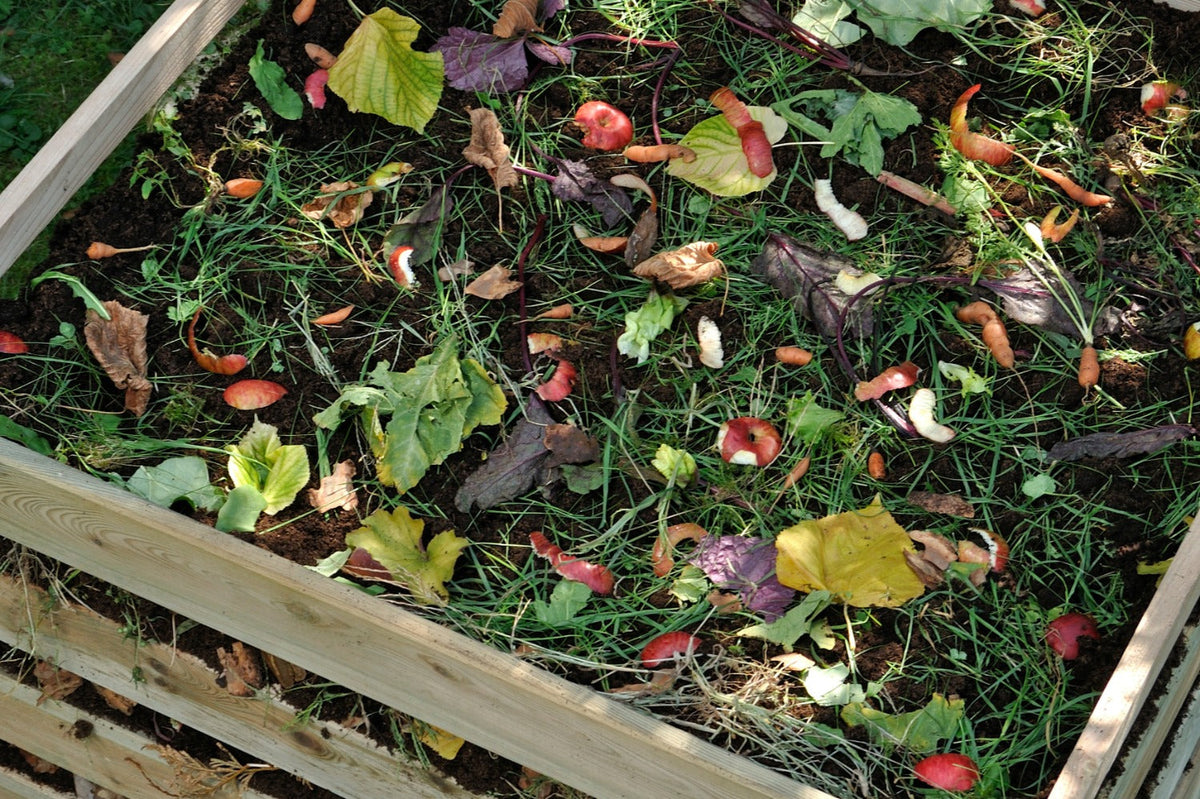
You can learn to compost: all the steps for black gold
|
Tijd nodig om dit artikel te lezen: 1 min
|
Tijd nodig om dit artikel te lezen: 1 min
Compost is very popular with gardeners. It contributes to better soil life, improves soil structure and is the perfect mulch: truly the black gold of the garden. At the same time, your waste mountain is reduced and the bin is less quickly filled with green waste. Reasons enough to quickly put together a compost heap or purchase a compost bin.
First of all, make sure you have a spot in the semi-shade. The compost will not warm up too quickly there and therefore will not dry out. The barrel or container should not be placed on a hard surface, so that all the small insects and worms can get to the organic material. If you have problems with mice or rats, a piece of chicken wire at the bottom of the compost container can help.
Once you have your compost bin or container and it is in a suitable location, you can start filling it. To make good compost, ensure a balance between green and brown material : green material is rich in nitrogen and contains a lot of moisture, brown material is rich in carbon and is drier. Composting is not an exact science, but the distribution between green and brown material should be approximately equal. Very large pieces, such as branches, are best made smaller so that they decompose faster. You can then add green and brown material alternately to the compost bin. The more variation, the better. Also ensure that the heap is aerated weekly. By turning the compost you provide more oxygen, which means that everything decomposes faster and the compost forms faster. You can do this with a special aeration stick or a rake and the worms will soon be visible.
As you could read, you should make sure that there is an equal distribution between brown and green material. Below we provide a handy list.
Green waste (nitrogen-rich waste):
Brown waste (carbon-rich waste):

